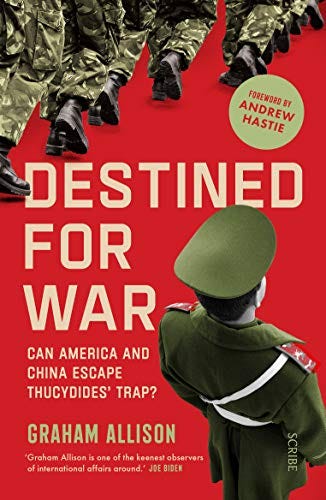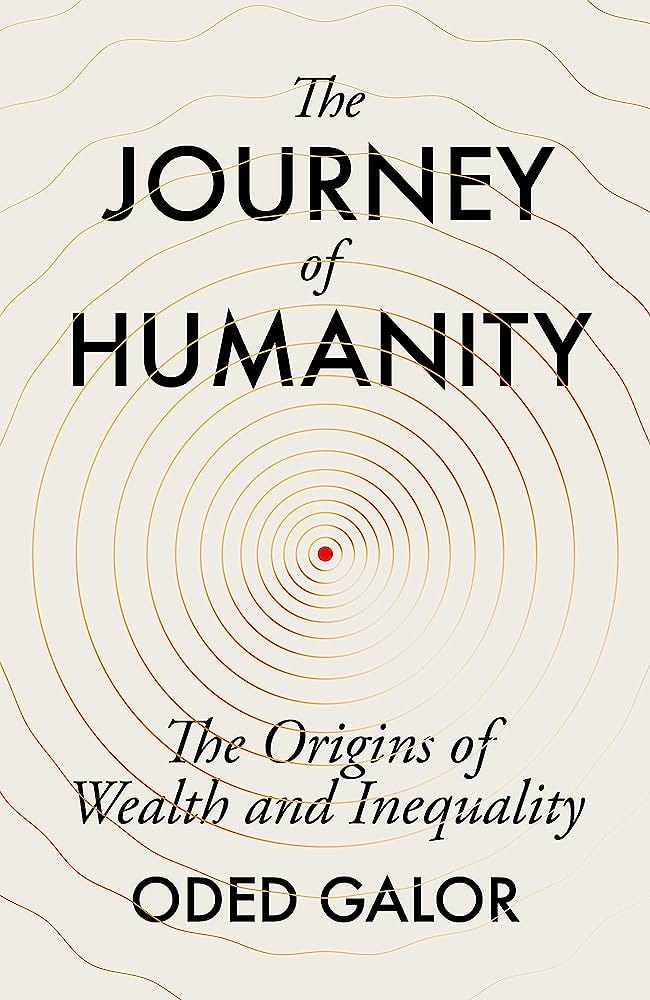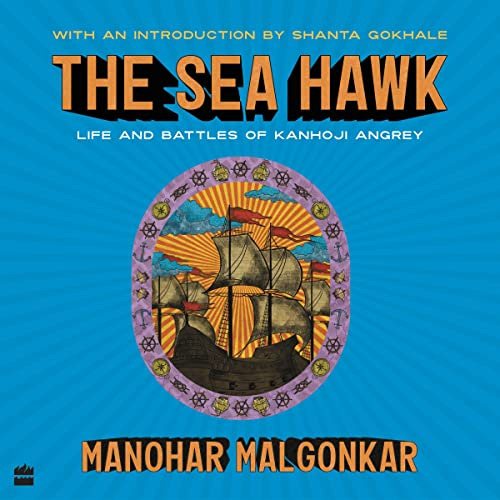Hello learners,
The last 3 months have been great in terms of learning, and I read a lot of new stuff across disciplines. I’m going to share 6 books that I particularly liked- from naval warfare, science, geopolitics, and economics.
We’ll also do a fiction list for sure, so don’t think this is all about endlessly nerding out on new ideas 24x7. Fiction, particularly from countries you don’t know much about, is beneficial in expanding our worldview, developing empathy, and having a total blast in general (check out my world-fiction recommendations list).
Coming back, here are some insightful reads that you may want to add to your library. And even if you don’t, Learning Machine’s got you covered with those addictive 5-min deep dives every weekend. Okay, enough beating around the god-forsaken bush, here we go:
Destined For War: World leaders and intellectuals have been talking about the possibilities of a Sino-American cage match, reminiscent of the John Cena vs Khali brawls where all the rules were meant to be broken and the presence of a referee would be the greatest irony in human history. Shitty WWE analogies aside, analysts are seriously concerned about where things are headed, and I wanted to understand the situation better. In that regard, this was an insightful book that spoke about Thucydides’ Trap- how the increasing influence (and hubris) of a rising power and the fear it instills in the ruling power make war inevitable. America and China are currently in exactly such a situation, and the author analyses various historical cases to draw lessons- from the British-German competition that ultimately resulted in war, right back to the conflict between Athens and Sparta in the brutal Peloponnesian War (I wrote about this last week- read it here). But he also analyses cases where war didn’t break out- in order to draw important lessons that leaders of both nations must pay heed to if they intend to avoid a catastrophic conflict of unimaginable proportions.
Shivaji: India’s Great Warrior King: In case you missed it, I recently published the article ‘What Shivaji Did’ to talk about the incredible legacy and far-reaching implications of Chattrapati Shivaji- arguably India’s greatest king of all time. This is a well-written biography that not only keeps the reader hooked but also offers a few important corrections in the narrative about the man. Through this, the reader will get a glimpse of the background in which the great king was born, his early struggles, his bold and often-unimaginable raids, and the shrewd strategic gambits that laid the foundations of the Maratha Empire. I am a strong proponent of learning from history and the great people who changed its trajectory, and people of all stripes would benefit by reading this book. Moreover, it’s an immensely enjoyable read that’ll teach and entertain in equal measure.
How Emotions Are Made: This is a psychology book that deals with a very important topic that affects all our lives from moment to moment: emotions. What are they? How do they originate? And what can we do to improve how we deal with them? All of this and more is answered as Lisa Barrett offers her theory of constructed emotions: that emotions are constructed by the brain as it interprets the state of the body and makes predictions- which we experience as things like anger or joy or fear. Every time we feel “low” or “cranky”, it’s our brain making a predictive guess based on all the sense data it’s receiving from the body and comparing it with the data it has from the past! The book also talks about ‘emotion concepts’- how we use words to make sense of sensory input and the implication of this radical new theory on the law, treating illnesses, and developing emotional intelligence.
The Journey Of Humanity: This was a great book that filled an important knowledge gap for me by explaining, in a rather concise way, how humans went from being hungry and broke and poor and kinda dead to suddenly very rich and healthy and sexy and amazing. It explains how the growth and advancement of technologies- not just the cool stuff your nephew can’t stop talking about like crypto and AI- but the ones that came up from the very beginning (think fire, the wheel, and the plough) have helped humanity grow…until we reached the tipping point (the Industrial Revolution) which changed everything. While explaining this trendline, it also briefly touched upon the deep impact of geography, culture, institutions, and human diversity on the long-term prosperity of nations. New article coming soon.
The Structure Of Scientific Revolutions: This book is one of the foundational texts on the philosophy of science that explores the initiation and development of scientific revolutions. One of the fascinating ideas I learned here was how the regular, day-to-day work of scientists is NOT about coming up with revolutionary new theories but performing what the author calls ‘mop-up work’- expanding on a paradigm that is already established by performing ever more detailed experiments, gather data with greater precision and advancing the paradigm further. If you’ve found yourself wondering how the scientific community operates and how the process of a new idea challenging old paradigms plays out, you will enjoy this highly revered read. Be warned- this isn’t your casual, bedtime read that’ll put you to sleep, though.
Sea Hawk: Life and Battles of Kanhoji Angrey: I can’t believe I’m recommending 2 biographies in the same article because I didn’t have a favorable view of this class of books. I have changed my mind over the last couple of years after seeing the value of learning from the lives, ideas, and strategies of interesting individuals. This one is a fascinating read on the life of Kanhoji Angrey, also known as ‘The Lord of Konkan’. Angrey was an admiral who grew the Maratha Navy to towering heights in the early-18th Century, thereby dominating the western waters of the country. I was deeply inspired by the story of an unsung hero who managed to keep foreign powers at bay, and one of the high points of this narrative was learning how he handed a humiliating defeat to a combined British-Portuguese force in the Battle of Kulaba in 1721. Here’s a story of how one can employ deft war strategies while dealing with a better-armed and technologically superior adversary.
That’s it, folks. Pick up a good book and invest time in getting fresh perspectives this weekend. If you’re looking for some more book suggestions, you may want to check out:







Thank you Sahil for this article and many more like it. This is more like Learning Good Human (biographies) or Learning History (wars). Those who don’t study the past and learn from it are bound to repeat the same mistakes.